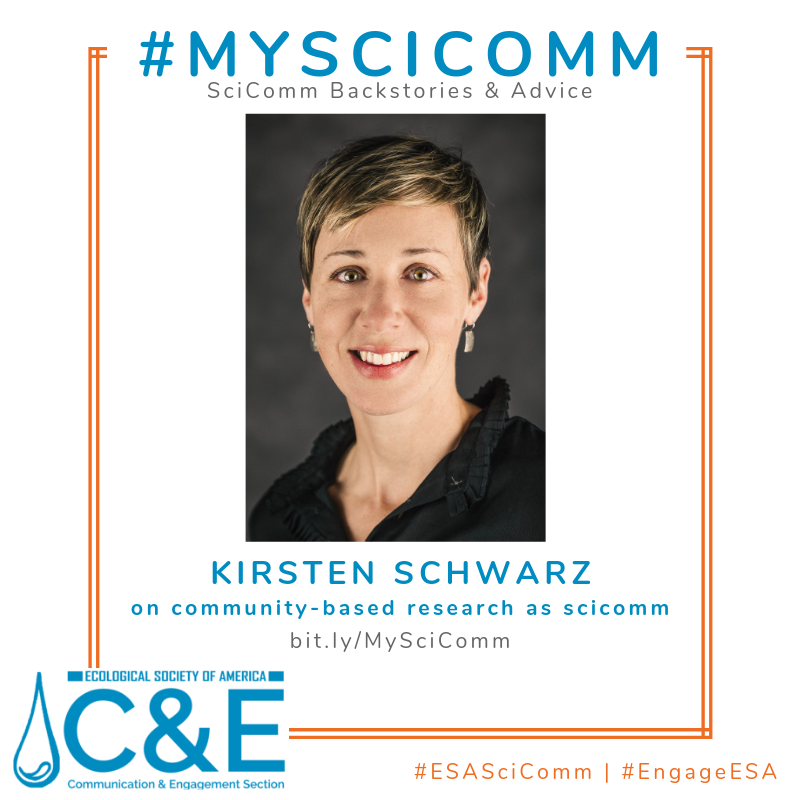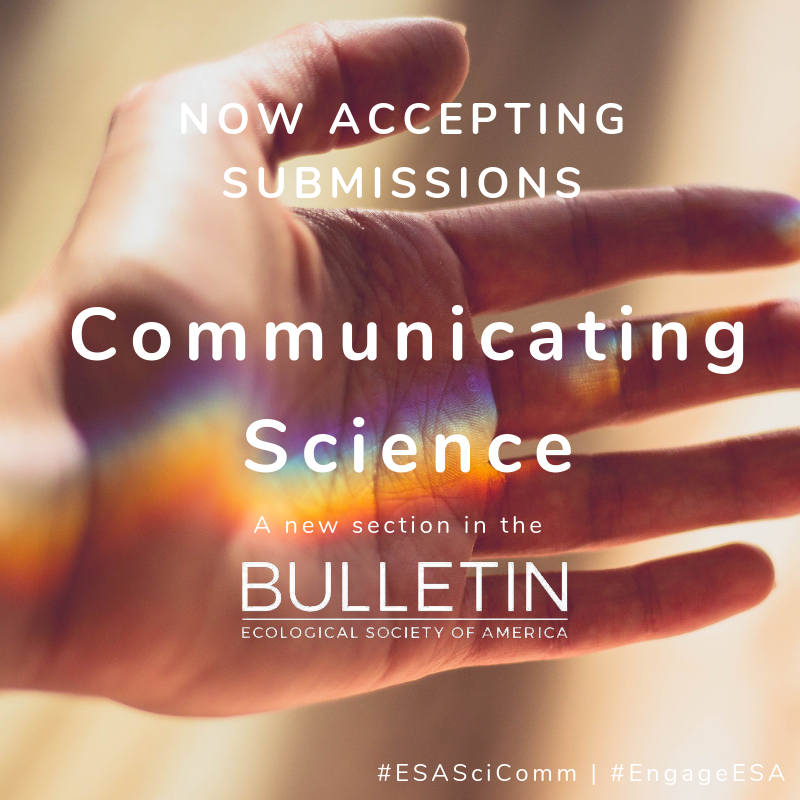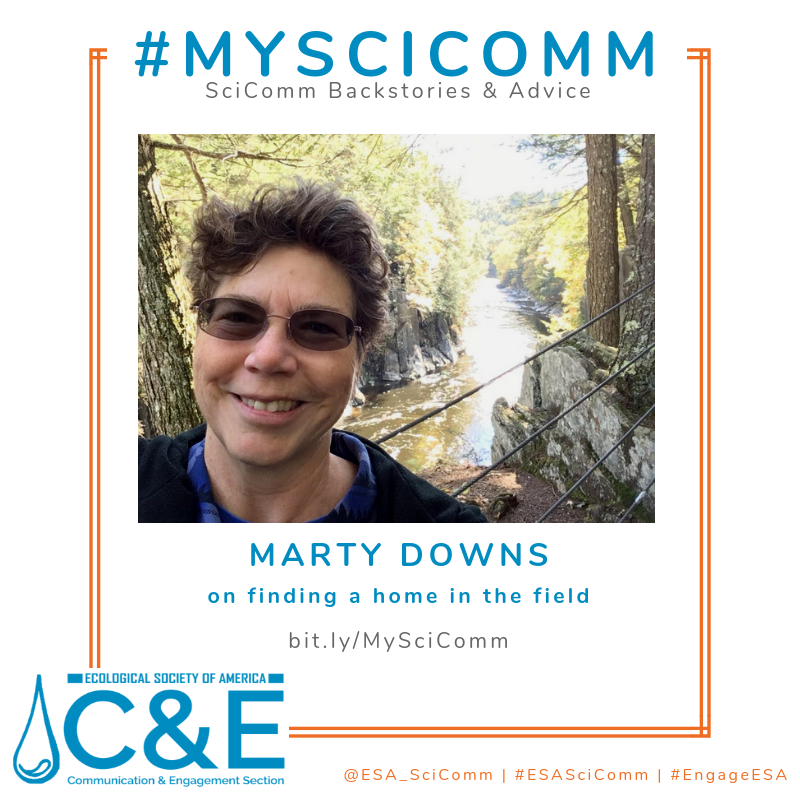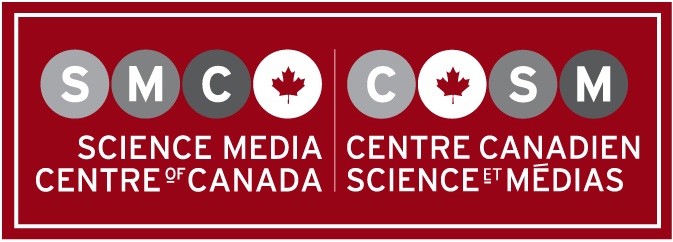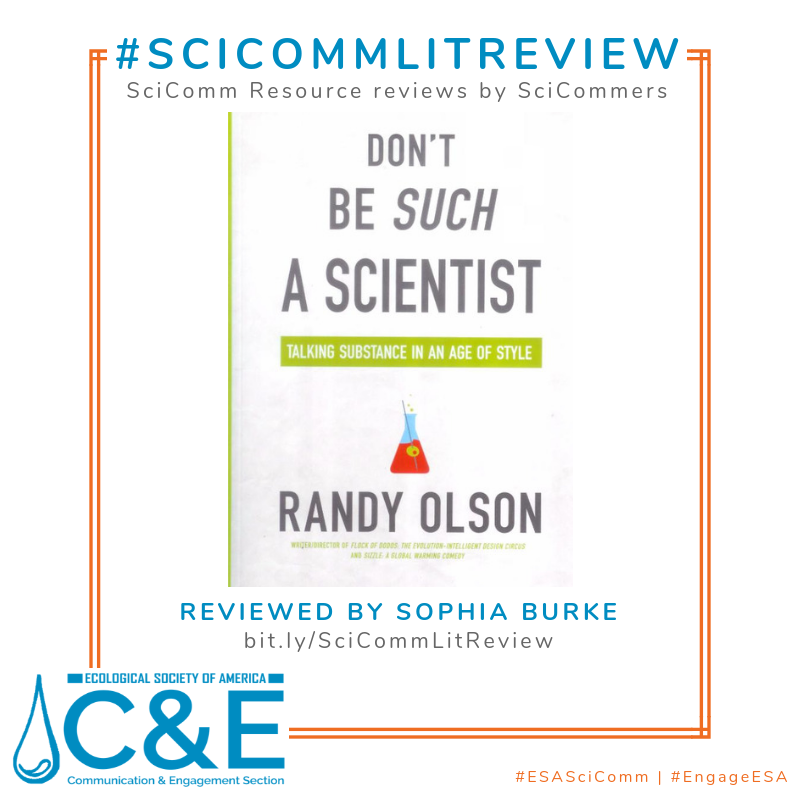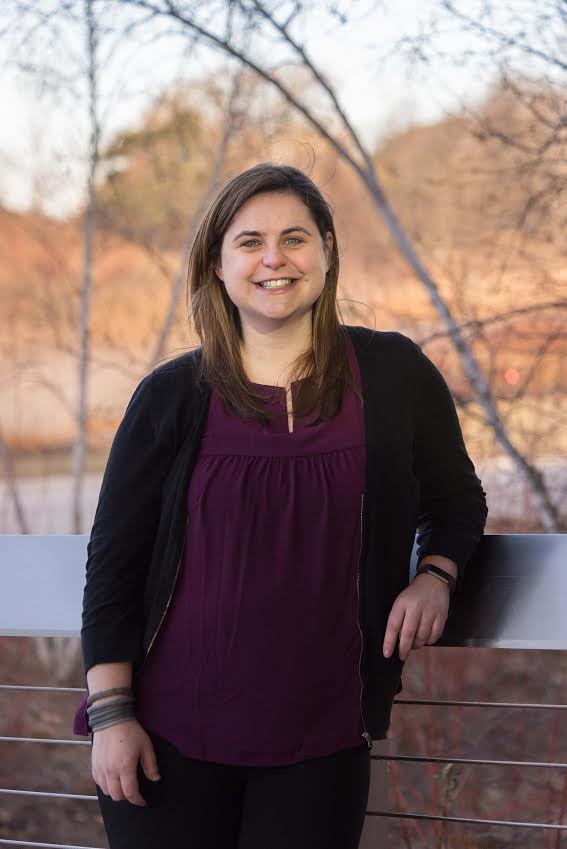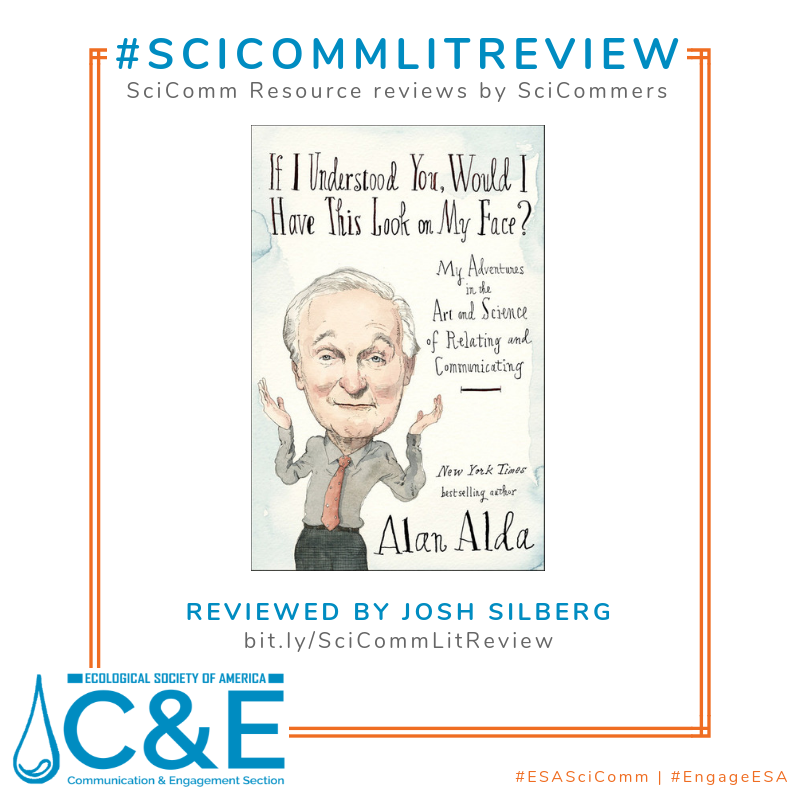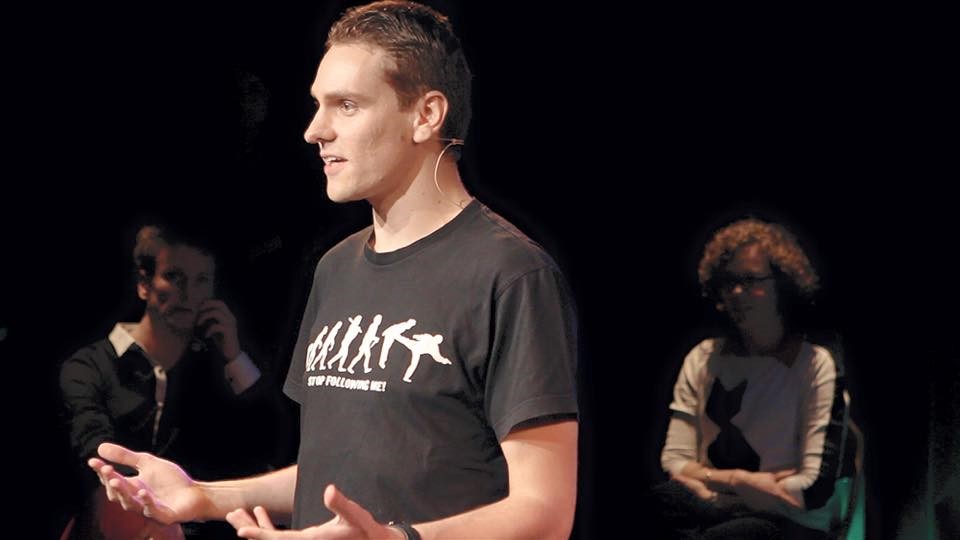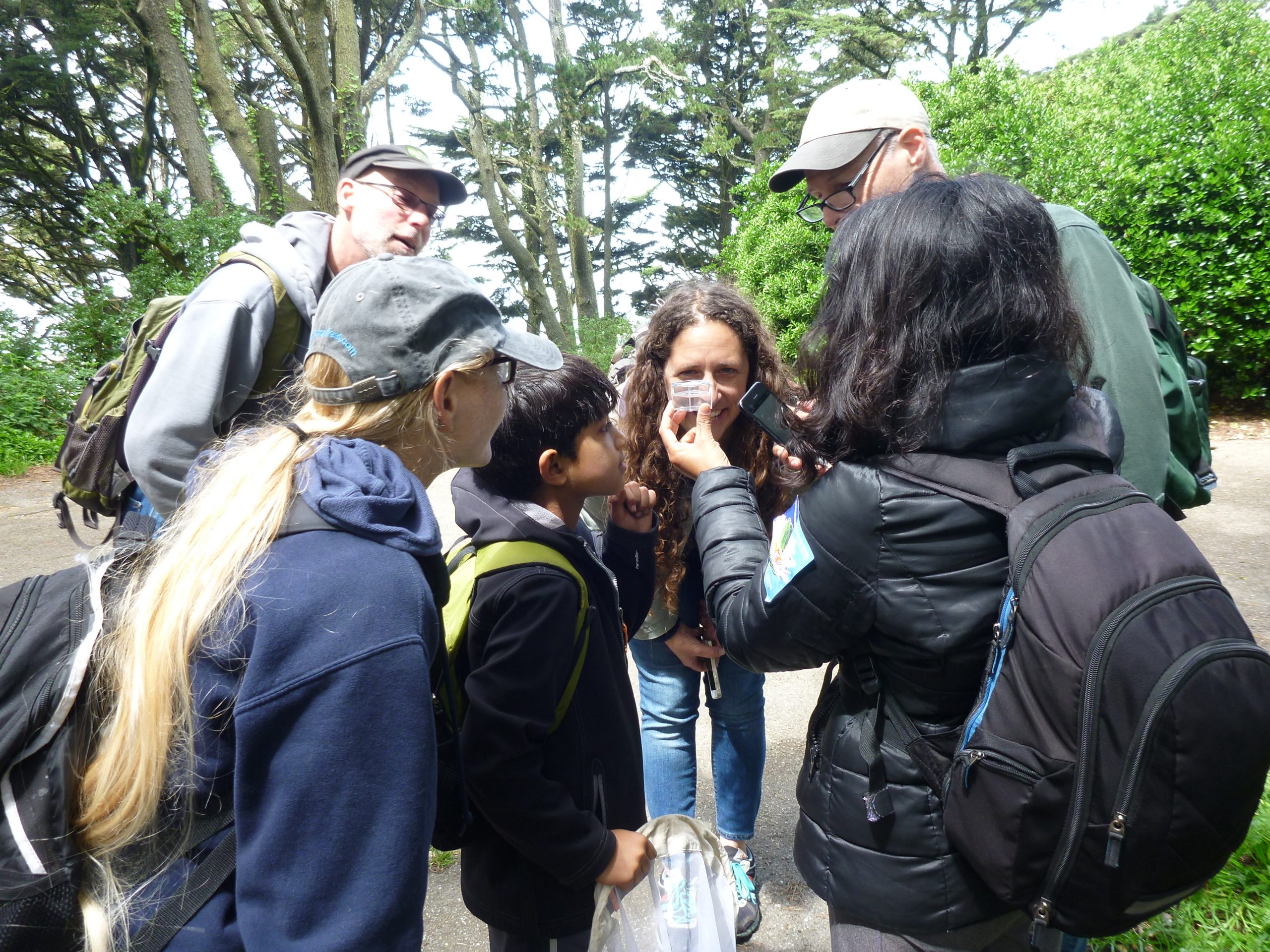
Resource of the Week: A Provocative Take on Work-Life Balance & Grad School Activism
A thought-provoking take on the synergy between activism and technical proficiency from theoretical physicist Dr. Chanda Prescod-Weinstein. Spoiler alert, she writes, “While often necessary, [activism] is not a substitute for technical proficiency. Dr. Prescod-Weinstein is an American cosmologist, science writer and equality activist based at the University of New Hampshire. In addition to major work with NASA, FQXI and more, she maintains…






